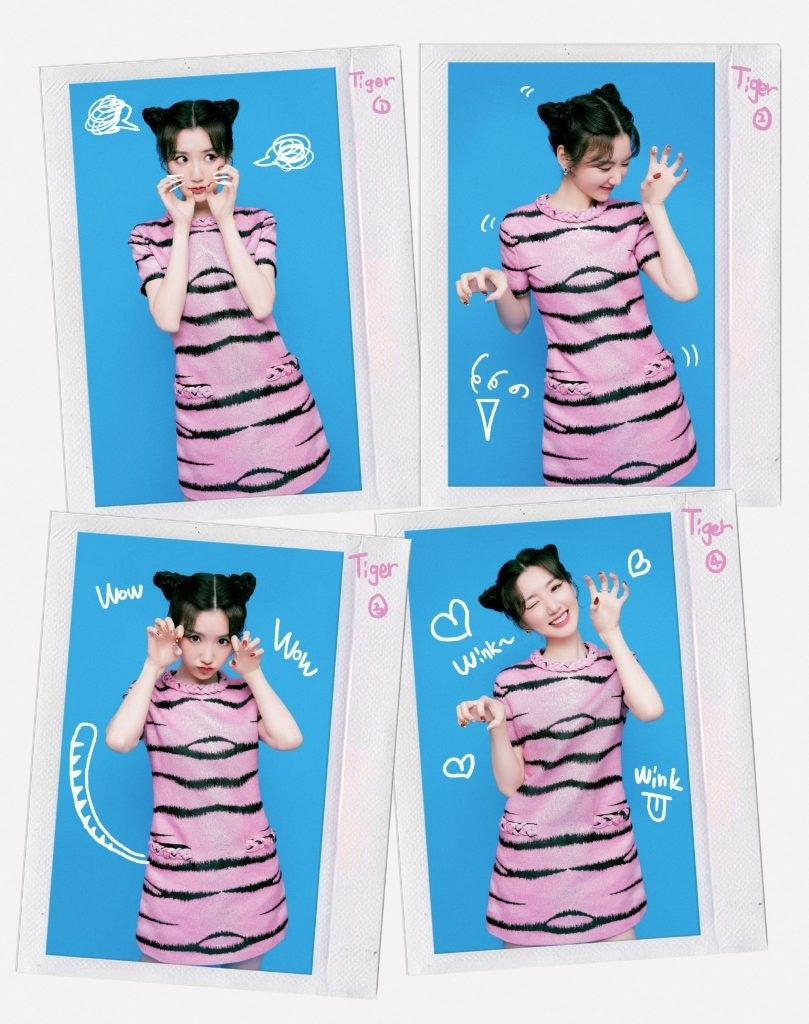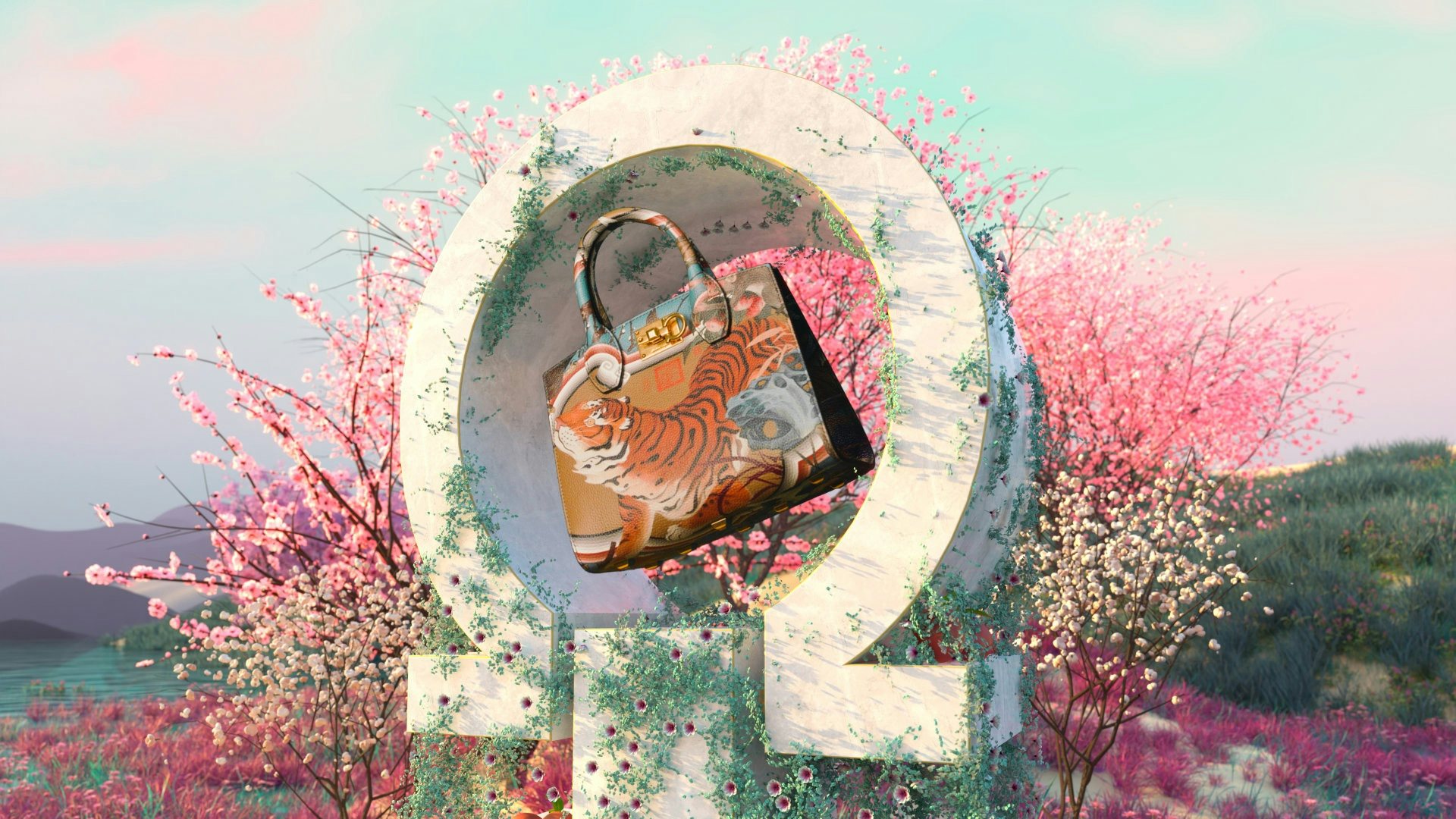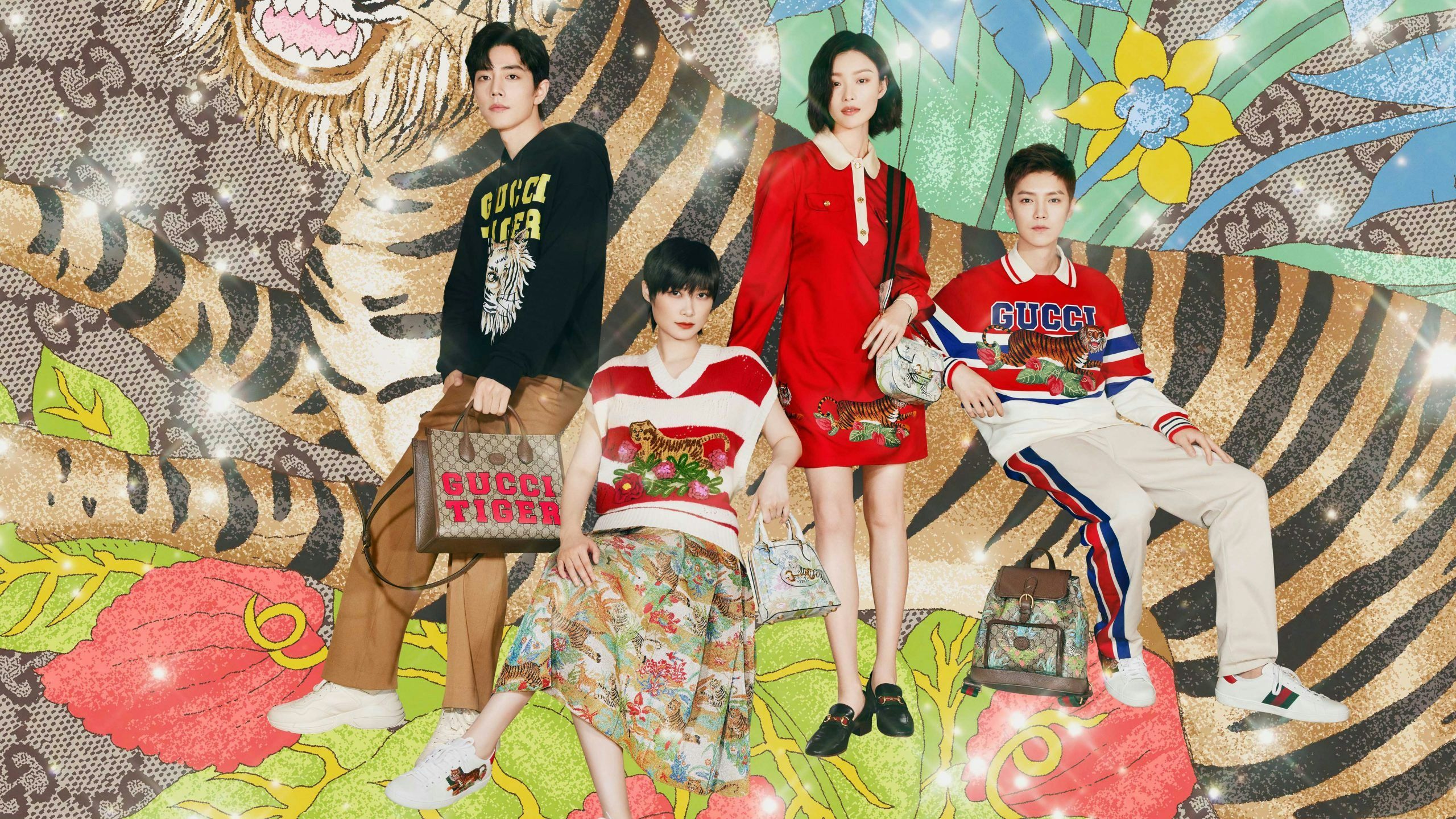Due to new COVID-19 outbreaks in China and their subsequent lockdowns, the 2022 Chinese New Year festivities and shopping sprees might see major disruptions. Some retail platforms and manufacturers are trying to avoid supply chain delays by staying open and encouraging their employees to come to work. For example, the Dada Group-owned Dada Now and JDDJ platforms won’t interrupt operations and will continue offering one-hour delivery services. However, despite their best efforts, retailers should expect shifting consumer behavior.
Chinese authorities told workers to stay put, which might grow e-commerce sales, according toChina Briefing. “This year, as people are encouraged to stay at home, shoppers may spend less on presents and have more money for self-rewards,” says Zoey Zhang, associate editor at Asia Briefing. “As a result, personal care products, apparel, and electronic products are likely to benefit. [Additionally,] e-commerce and streaming platforms may expect a surge in website traffic.”
Andrew Tran, founder and principal strategist for AT Digital, told Jing Daily that these stay-at-home habits should reinforce luxury spending. However, he believes inevitable changes such as an “increased media exposure towards various metaverse/digital experiences” could push consumers to expect more from luxury brands. As such, Tran says luxury brands should boost their investments in content marketing to build relationships through online ads and in-app chat groups.
At the same time, Tran believes luxury brands will continue to employ scarcity marketing tactics. “We are going to see more and more overseas brands actively creating limited-edition collaborations with local figures on various luxury goods.”
Indeed, creating limited-edition collections and gifts for Chinese New Year celebrating the zodiac sign has become common practice. But more than the conventional yearly Starbucks product releases, consumers expect capsule collections that offer a long-term community commitment. Partnerships with homegrown designers leave a long-lasting mark on patriotic consumers who have frantically embraced Chinese traditional motifs and symbols. Take, for example, the Vivienne Tam x M+ museum collection, which includes one-of-a-kind items with fashionable tiger symbols, or Salvatore Ferragamo’s partnership with artists Sun Yuan and Peng Yu.
These collaborations stand in contrast to Valentino’s CNY collection, which used the tiger motifs on T-shirts and hoodies yet failed to impress due to not tapping into local communities. Considering that the Italian Maison has used a tiger motif since 1967, Valentino could have reinvigorated the image in China by announcing a partnership with a local fashion designer.

But China’s zero-COVID strategy and subsequent lockdowns won’t only impact e-commerce — it will also hurt physical retail. “From an offline perspective, retailers will need to accelerate their push to redesign their stores [over] common prosperity and the values that are associated with it,” says Tran. In other words, brands should use this time to reimagine in-store design and services to enhance relationships with consumers.
This year's Chinese New Year festivities will also impact promotional and experiential marketing channels. Instead of events, art exhibitions, and guided tours, luxury brands will have to bet their future on online experiences. As such, we expect a return to celebrity endorsement deals and influencer marketing campaigns.
But the repatriation of luxury during the Chinese New Year won’t be painless, and most luxury brands will need to learn to build a flexible supply chain while overcoming regulatory challenges. As such, China's restrictive COVID-19 policies will only help tank the economy, putting a break on collective consumption.
In fact, various economists note that China's zero-COVID strategy is likely to do more harm than good this year. For example, Kristalina Georgieva, the International Monetary Fund’s managing director, toldCNBC that China’s zero-COVID policy is increasingly looking like a “burden.” Meanwhile, Goldman Sachs cut its 2022 forecast for 2022 Chinese economic growth from 4.8 to 4.3 percent. And Morgan Stanley analysts followed a similar approach when they announced their forecast growth of 4.9 percent in the first quarter could decelerate to 4.2 percent “should Omicron spread to other regions and lead to multiple city-wide lockdowns.”

